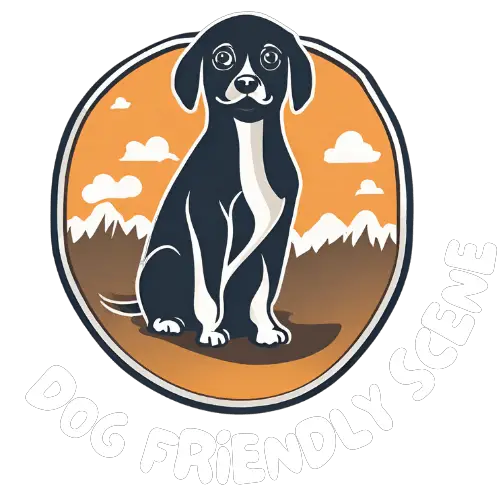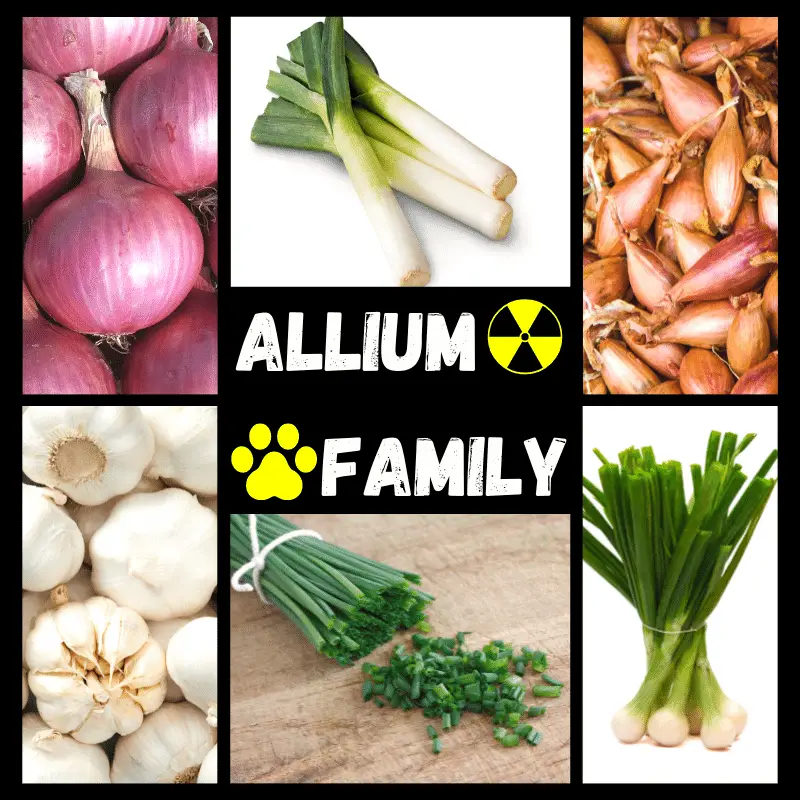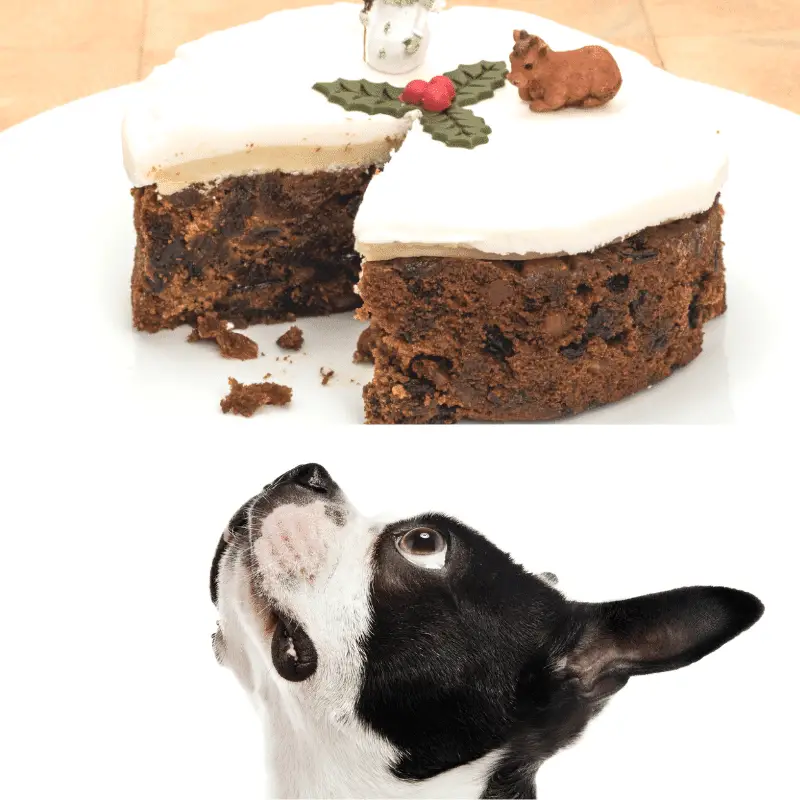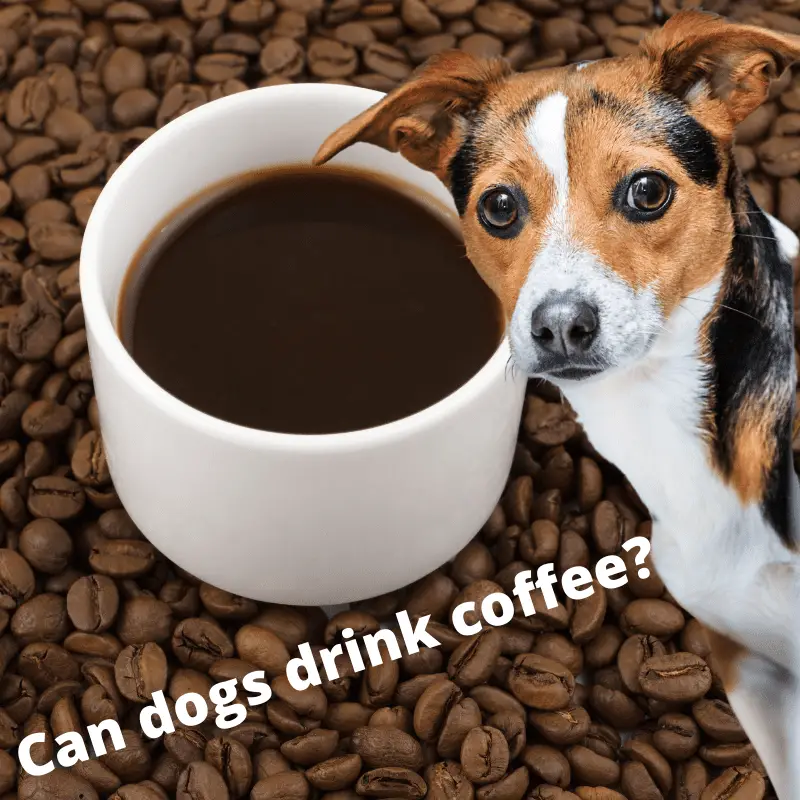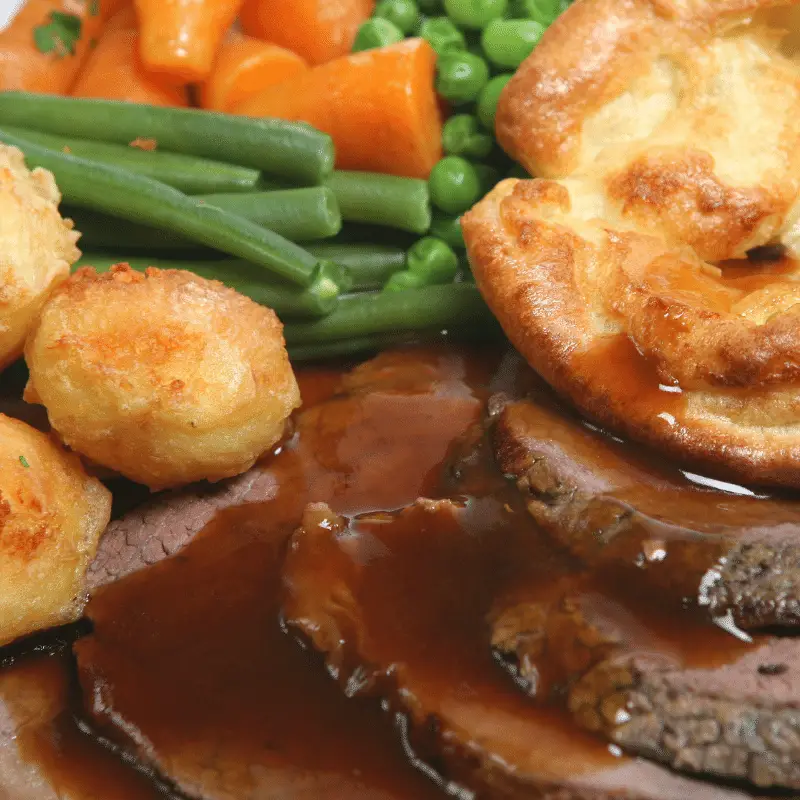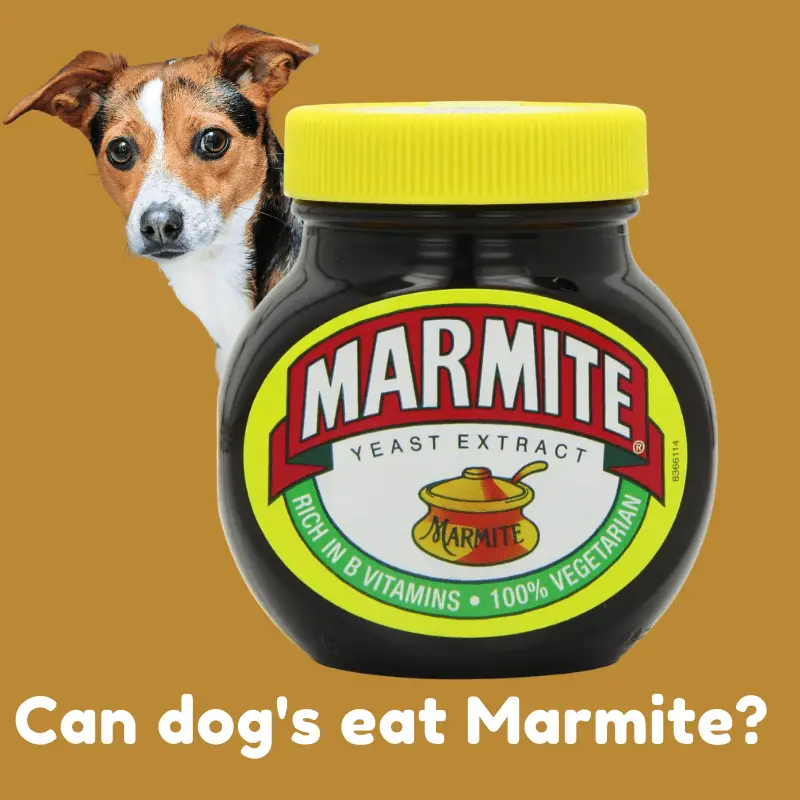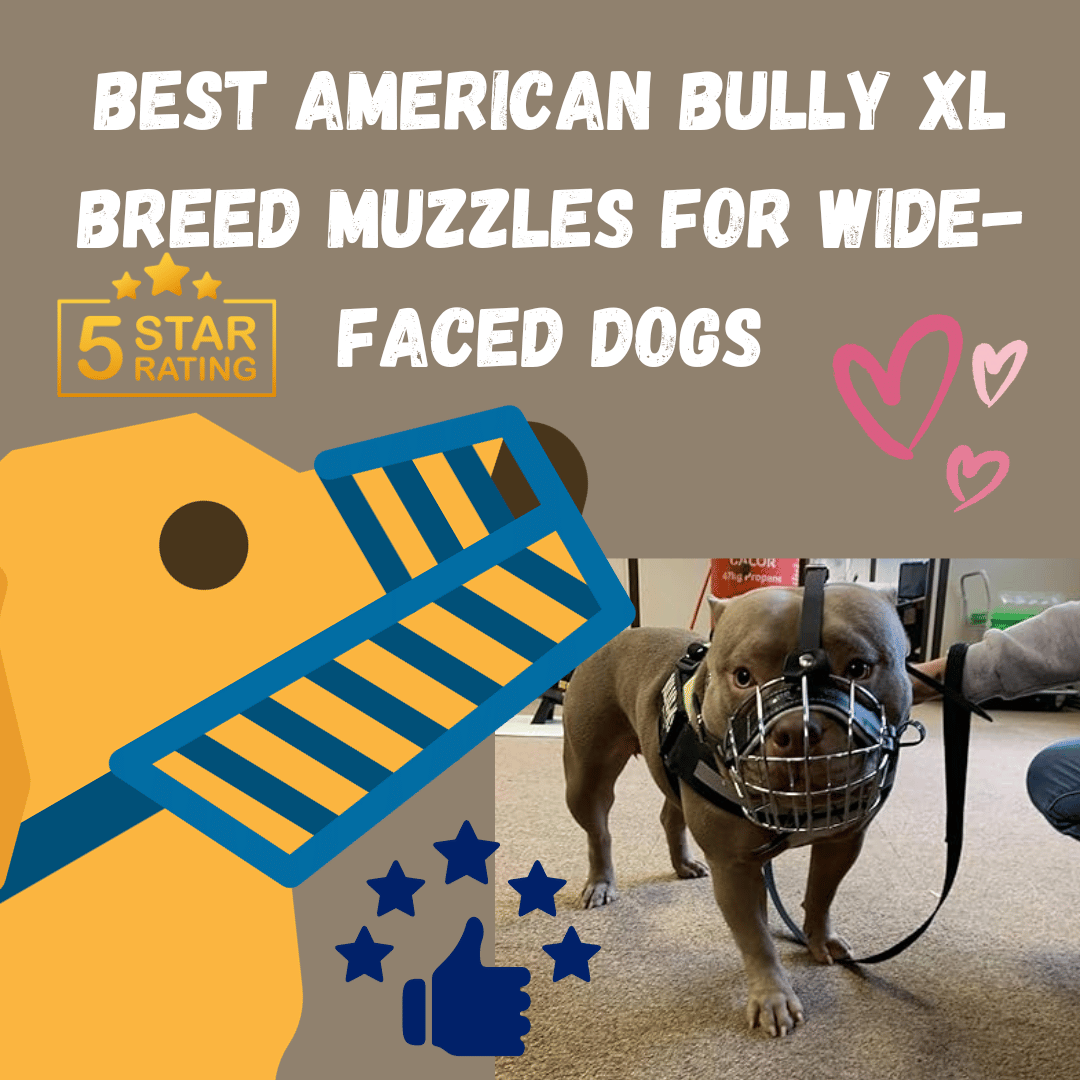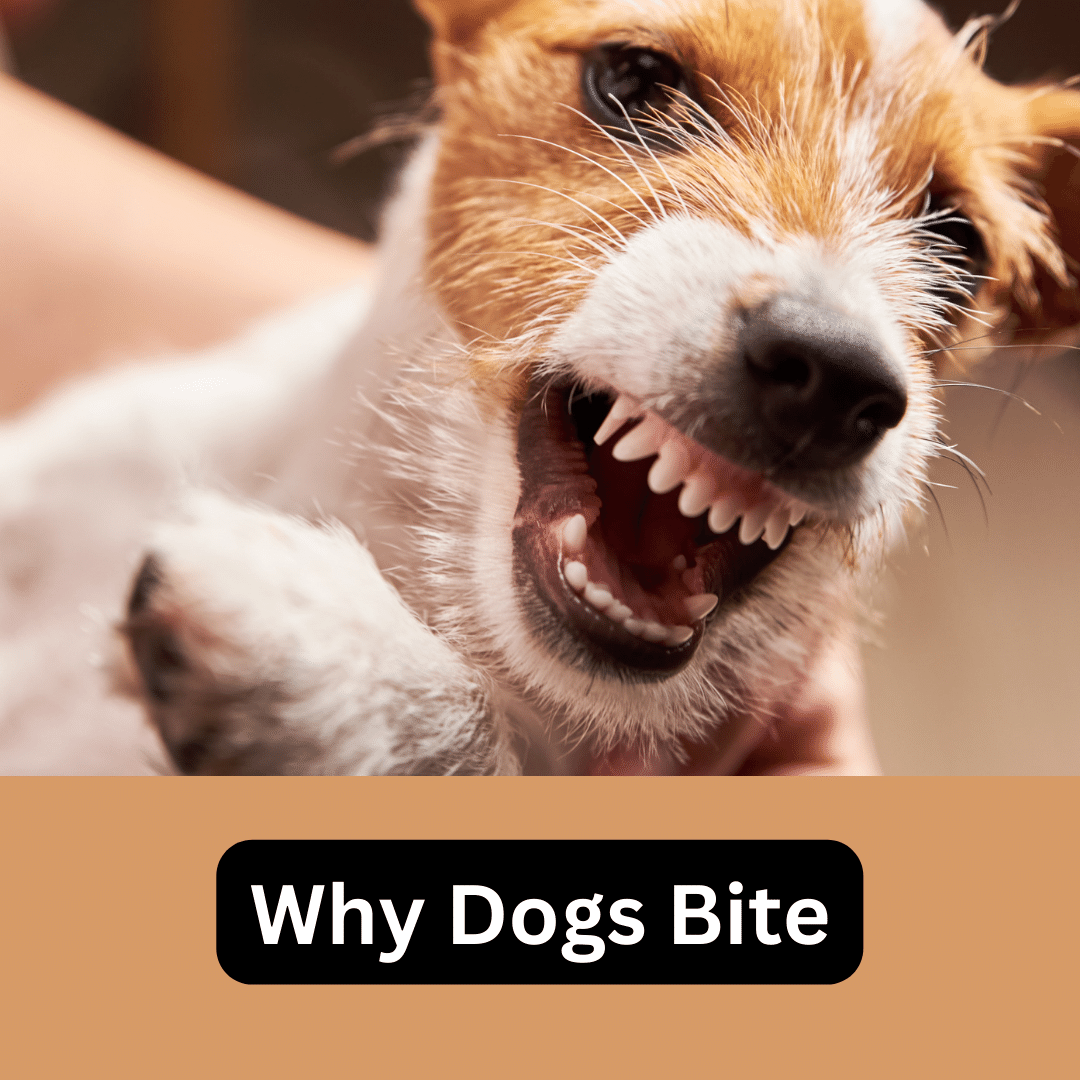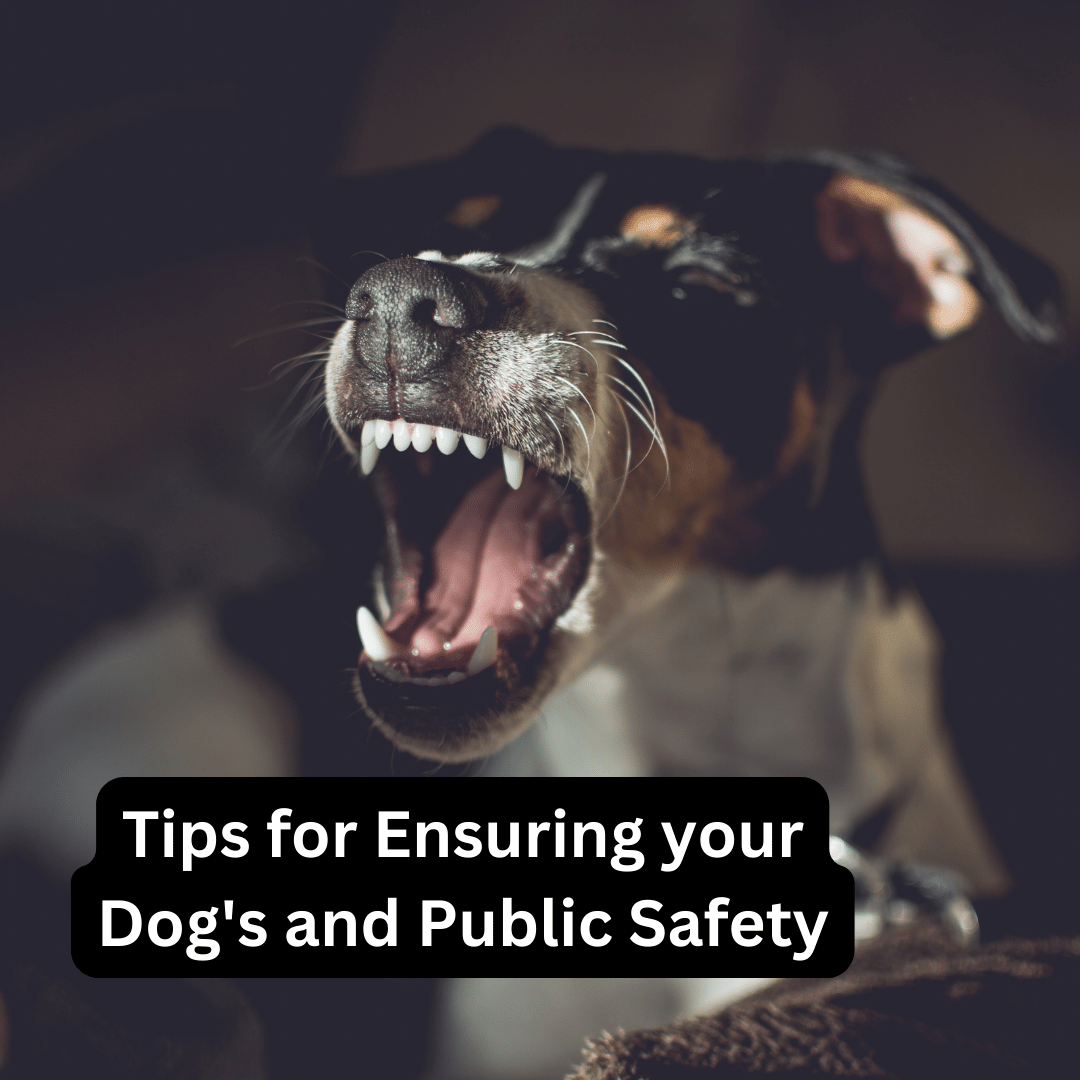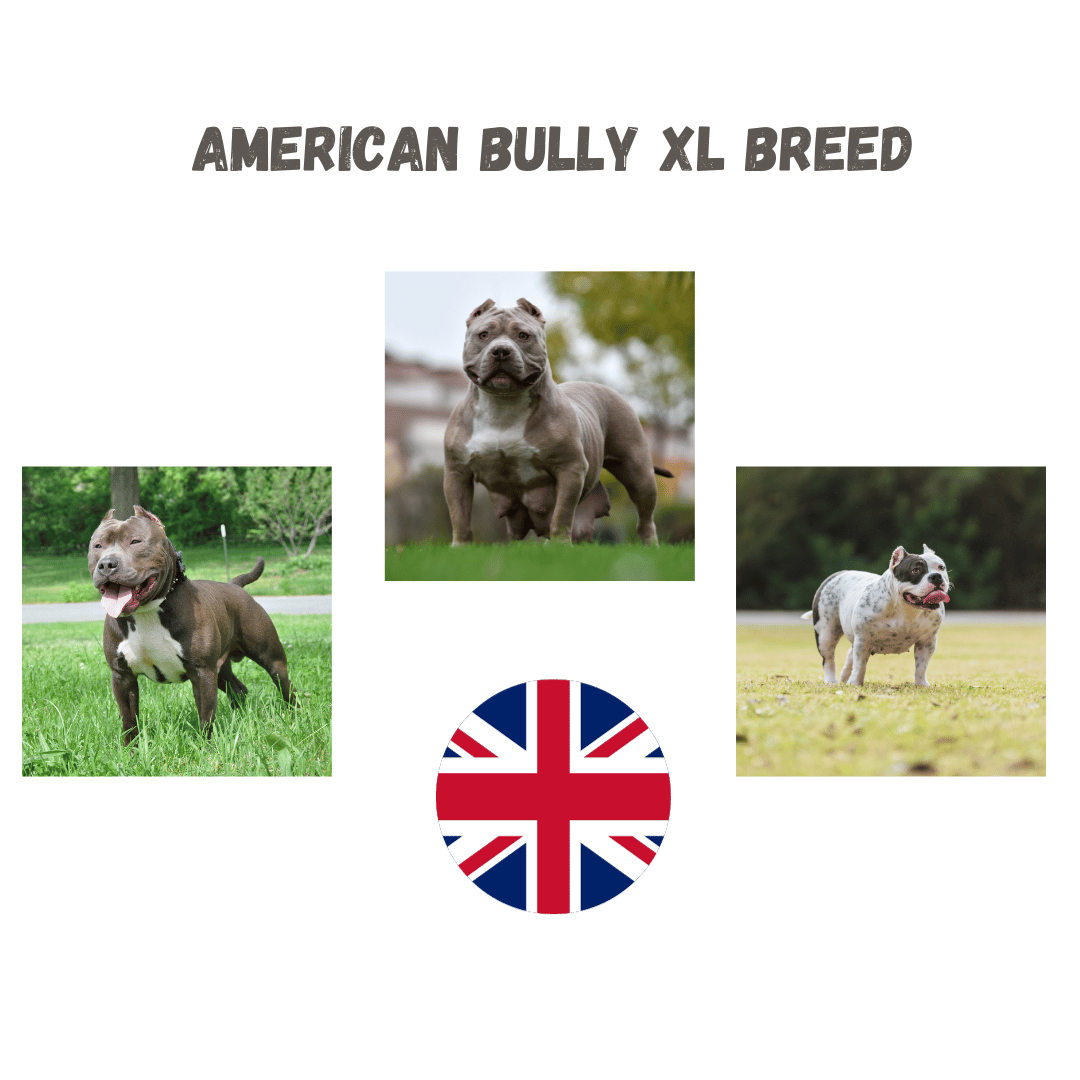Often, dog owners need to seek help for their pets if they have been poisoned. This happens when pets eat toxic foods from the allium family of foods.
The allium family of foods can cause severe toxicosis in dogs.
What foods are in the allium family?
The allium food family contains food items as below:
- Chive
- Garlic
- Leek
- Onion
- Shallot
- Spring Onion
Location Of Allium Family
Most of the plants listed in the allium family contain bi-annual bulbous plants that tend to grow in the Northern hemisphere countries. However, there are a couple of plant species that you can find in tropical Africa and South America.
Characteristics
Most of the time, the allium family plants form clustered or solitary bulbs. They have a strong characteristic odour that enhances when it is crushed. All of the allium family products are very aromatic.
The distinctive Aroma of the food ingredients of the allium group is thought to be related to all soluble sulfur-containing organic compounds, which help us to differentiate these ingredients from other morphologically poisonous plants.
Cooking Purposes
For centuries, domestic and wild allium species have been used as cooking ingredients in various dishes. Most of the food ingredients that belong to the allium group also have ethnomedical purposes.
Two Chemical Components
Plants belonging to the allium food family contain two different chemical groups that are heavily beneficial for human health.
One of the chemical groups is flavonoids, and the other is alkyl cysteine sulfoxide. Apart from being used as one of the most important culinary ingredients, the plants belonging to the allium food family have also been used for their medicinal properties since ancient times.
Medical Properties
For example, chemical compounds present in onion can work as antiplatelet, anticarcinogenic, antiasthmatic, antidiabetic, and hypercholesterolemic agents. All of the plants are also known for their antibiotic properties.
Even though food ingredients belonging to the allium group and their derivatives are highly beneficial for human health, that is not true for dogs.
Threat To Dogs
The chemical compound that onions contain can damage the condition of red blood cells and cause hemolytic anaemia among dogs. It can lead to the formation of Heinz bodies in the erythrocyte cells of the dogs.
Wild dogs are carnivores primarily. Dogs generally do not consume plants in the wild as it is not their typical diet. They will only eat fruits and vegetables if meat is scarce.
Different Forms of Allium Family
Powdered, dried, cooked, liquid, or raw, any form of the allium family group can cause poisoning among dogs.
Dried and powdered ingredients contain a higher concentrated chemical substance, leading to a higher risk of poisoning in dogs.
This Is Why Allium Food Items Are So Poisonous To Dogs.
Plants that belong to the allium family, such as garlic, onions, chives, and leeks, contain organosulfur compounds.
These chemical compounds give these ingredients distinctive flavours and odours and can also lead to Low red blood cell count can severe medical problems for your dog.
In most cases, consuming these food ingredients in small doses leads to severe gastrointestinal inflammation, also known as gastroenteritis. It can also cause nausea, drooling, vomiting, abdominal pain, or diarrhoea.
Your dog doesn’t need to consume much to be poisoned.
But the most severe damage that the compounds present in the Allium food group create is to the red blood cells.
Once the dogs consume these plant ingredients and start to digest them, all these chemical compounds get metabolised into highly reactive oxidants that can cause severe damage to the red blood cells.
As the level of oxidants in the erythrocytes cell gets higher than its general oxidant metabolism capacity, the dog develops a condition known as oxidative hemolysis that reduces oxygen transportation ability.
An excessive level can cause the dog’s blood cells to get raptured and auto-destroyed.
Low red blood cell count can cause an increased heart rate, discoloured urine, weakness, kidney damage, collapse, and even death.
The intrasite cells with higher oxidant levels are known to form Heinz body formation, which is nothing but the development of abnormal blood cells that can be visible under microscope examination.
Dogs suffering from allium species poisoning can also develop hemolytic anaemia. In most cases, the dogs can showcase the signs of anaemia several days after consuming the food ingredients belonging to this food group.
Dogs consume these food items excessively; severe symptoms can appear just after consumption. The most common signs of toxicosis are severe diarrhoea, vomiting, and gastrointestinal upset.
What is the most dangerous allium food item for dogs to consume?
All types of allium food species can lead to toxicity, but the compounds can be found in the most concentrated form in garlic. Compared to all other food ingredients that belong to the allium family, garlic is the most dangerous to dogs. However, even if the dog consumes about 0.5% of allium food group ingredients in its total body weight, it can be fatal. You must take your dog to the veterinarian if you think your dog has consumed an allium food item.
What are the signs of allium toxicity?
The level of toxicity depends on the amount your dog has eaten. However, gastrointestinal problems, including stomach upset and severe diarrhoea, are the most common sign of such toxicity.
Your dog may also show severe abdominal pain, decreased appetite, and drooling problems.
Eating large amounts of these plant products can lead to weakness, increased respiratory difficulty and elevated heart rate.
Signs of allium toxicity will show in your dog’s urine because it will turn red.
Excessive panting and pale-coloured gums are also severe toxicity symptoms. This toxicity level can lead to permanent kidney damage if left untreated.
Allium poisoning can be a gradual process and may not show signs for a couple of days after, so don’t just think your dog is okay. It would be best if you took your dog to the veterinarian as soon as possible.
Potential Treatment For Allium Poisoning In Dogs
Early detection of allium poisoning and treatment significantly reduces the impact’s seriousness.
The most important thing is to decontaminate the gastrointestinal and get rid of the allium family food item before the cell damage starts.
If you can get a dog to the veterinarian within a couple of hours after consuming these food products, the veterinarian may decide to induce vomiting.
After vomiting, a vet may administer charcoal to wash out toxic elements in their gastrointestinal tract. This kind of treatment can decrease the absorption of toxins significantly.
The intravenous liquid directly into the bloodstream may be administered to dispose of any signs of toxins in your pet’s bloodstream.
A veterinarian must also complete blood tests on your dog to understand the damage.
Suppose the cells are seriously damaged, and anaemia has set in. In that case, a vet will treat the anaemia by blood transfusion and oxygen therapy.
The dog would have become dehydrated by this time, so fluids would need to be administered via a drip to keep the dog hydrated.
You will need to keep going back for blood tests on your dog to determine its health condition even after being released from the hospital, as this can cause long-lasting damage.
If your dog has eaten something from the allium food list, but there are no apparent signs of poisoning, it should still be them to the vet for a consultation. The vet will be able to give them a gentle treatment that is less damaging than if you wait and then have to go down the more severe treatment route.
Prevention
Protecting your dog from getting access to any herbs, plants, supplements, and seasoning that belong to the allium food group is one of the best methods of avoiding this kind of poisoning.
- Never feed your dog any cooked food containing food items from the allium family, even small amounts. A dog must not consume any!
- If you are home growing these food items, ensure a secure fence around the area.
- Disposing the leftovers containing all these ingredients immediately ensures it’s not within your dog’s reach.
- Never leave your plate of food with allium food items unattended.
- When chopping the allium food items, keep your dog out of the kitchen, and sweep up afterwards.
- Keep in mind where you store all these allium food ingredients because dogs can open the lower cabinets in your kitchen and get access.
- Never leave bottles of supplements or vitamins in places where your dog can reach easily. It is not very uncommon for dogs to chew through closed bottles.
- More curious dogs, especially puppies, can try to check out the contents of your lunch box, backpacks, purse, or suitcases. So, it would be best if you did not leave them lying around.
Remember that prevention is better and taken seriously than having a sick dog and an expensive vet bill.
Allium Food Recovery Dogs
Most dogs will recover from the mild consumption-related issues associated with allium food group ingredients. But severe poisoning can become fatal quite quickly.
Recovery does depend on the quick action taken by the dog owner.
This is especially true if you do not immediately take your dog to veterinary professionals.
If you know that your dog has consumed garlic or onion, you should take your dog to veterinary professionals right away, even if there is no sign of poisoning.
The best way to manage this condition is to avoid exposure as much as possible.
If you are feeding your dog with food prepared for humans, check the list of ingredients first.
Do not purchase food items for your dog if it contains garlic, onion or other allium products. Always check the back of the label.
It does not matter whether your dog doesn’t show any symptoms or remains asymptomatic. Continuous low doses of allium food ingredients will lead to significant health-related problems for your dog in the long run.
There is no doubt that allium food group poisoning can become pretty expensive for pet owners.
If you suspect that your dog is at risk of suffering from allium poisoning, you should start taking steps right away.
Proactive treatment and hospitalisation always cost less than reactive ones.
Safe Alternatives
Many healthy alternatives to allium vegetables are beneficial for your dog.
For example, carrots, green beans, and cucumbers are some safe vegetables you can offer your dog for an easy snack.
Recommended Read: Fruits And Vegetables That Are Safe And Unsafe For Dogs
Even though the vegetables belonging to the allium food group are toxic for your dog, that does not mean all the other vegetable alternatives are toxic.
It would help if you always tried to consult with your veterinarian before introducing a new food item to your pet dog.
